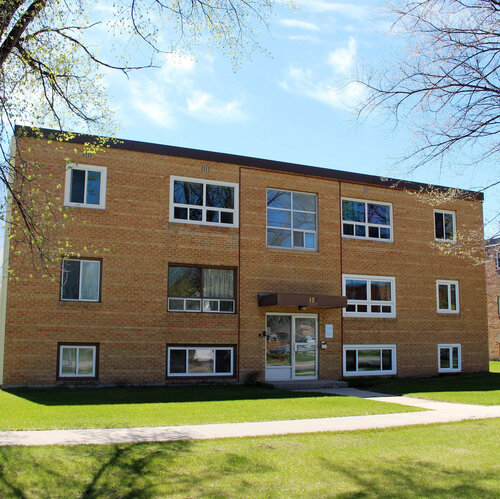May 20, 2021
What makes a good purchase in Multifamily Real Estate
Real estate investing can be a strong asset for investors to add to their portfolio. Before investing, it’s important to learn how to evaluate a multifamily investment property. Before buying a multifamily property, there is a process of evaluation that every real estate investor should go through. There are several different aspects to be evaluated, including the location and the financials.

What is a multifamily property?
As a form of investment property, multifamily properties are buildings with more than one living unit. They are made for multiple families to live in separated units and are most popular in areas where there is a high rental demand. Examples of multifamily real estate include large apartment buildings, and even smaller properties such as 4-plexes.
Assessment number 1: Location
The first important thing to assess when looking at a multifamily real estate investment property is the location. Ensure the location is close to amenities such as schools, grocery stores, hospitals, and public transit.
Another thing to look at is the general neighbourhood. Make sure the neighbourhood is safe with a low crime rate. When choosing a city, several things to review include population growth, employment growth, and diversity of industries and companies for employment.
Assessment number 2: Building and lot
The second item to look at is the building and lot itself. There are several things to consider when evaluating the building including ensuring there is no major structural or foundation issues, as these could be large capital expenses if they are deficient. Second, it is important to examine the major systems including electrical, HVAC, plumbing, and fire sprinklers to verify they are all functioning, and aren’t unsafe or outdated.
Assessment number 3: Property Management
Good property management is important for managing income and expenses and having a successful multifamily real estate investment. A successful property manager will be able to maintain a low vacancy rate and fill vacant units quickly with quality tenants in order to maximize rental income. Having previous experience with a track record of effectively managing similar properties in the location is an asset. Lastly, the property manager should manage monthly expenses well, meaning they are able to keep the property running on budget.

Assessment number 4: Financial Performance
The last important thing for potential investors to assess is the financial performance of the property. Firstly, you must review the rental income a property can generate and deduct the operating expenses to arrive at the net operating income. Using the past financial performance of the property and comparing to similar nearby properties can help determine the strength of the property and help make financial projections in a proforma. Additionally, it is important to have obtain the right financing that will allow the property to have a strong debt service coverage ratio in order to generate a strong positive cash flow.
Westbow Capital
Westbow Capital looks to apply all these principles across numerous markets in Canada. One of the first things Westbow Capital looks for are great cash flowing properties. Additionally, we like to buy properties that we feel have potential for positive appreciation in the long run. This can be due to several factors such as a property in a great location, or a property with value-add potential through operational improvements or renovations. T
Related Articles
Understanding BC’s 2025 Rent Increase Cap
The Province of British Columbia recently announced a maximum allowable rent increase of 3.0% for 2025, directly tying it to inflation rates.
What Happens After You Invest: How Active Asset Management Drives REIT Performance
At Westbow Capital, investing doesn’t stop at the acquisition—it begins there. Our commitment to investors goes far beyond the closing date. Through disciplined active asset management, we ensure that every property is positioned to contribute to long-term wealth...
How We Do Due Diligence: Westbow Capital’s Process for Protecting Your Investment
Before you invest, we invest—in analysis, accuracy, and alignment.At Westbow Capital, due diligence isn’t just a step—it’s the standard that protects your capital, filters out risk, and sets the stage for long-term returns. Why Real Estate Due Diligence Matters In...
Economic Uncertainty? Here’s Why Multifamily Real Estate Is Still the Best Investment in 2025
Discover why multifamily real estate remains a stable, high-yield investment in 2025’s uncertain economic climate.




